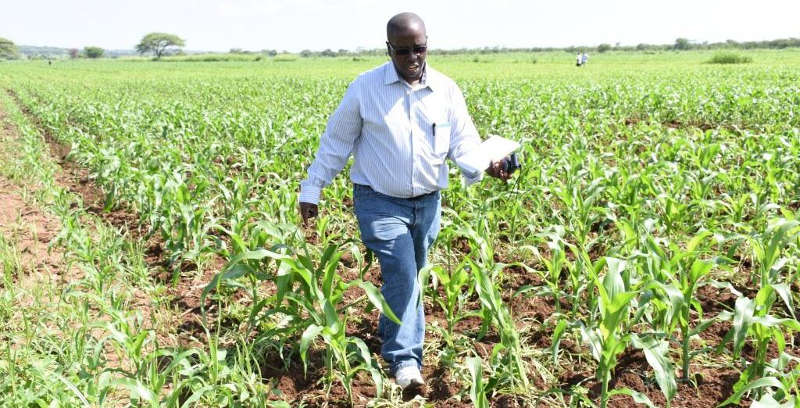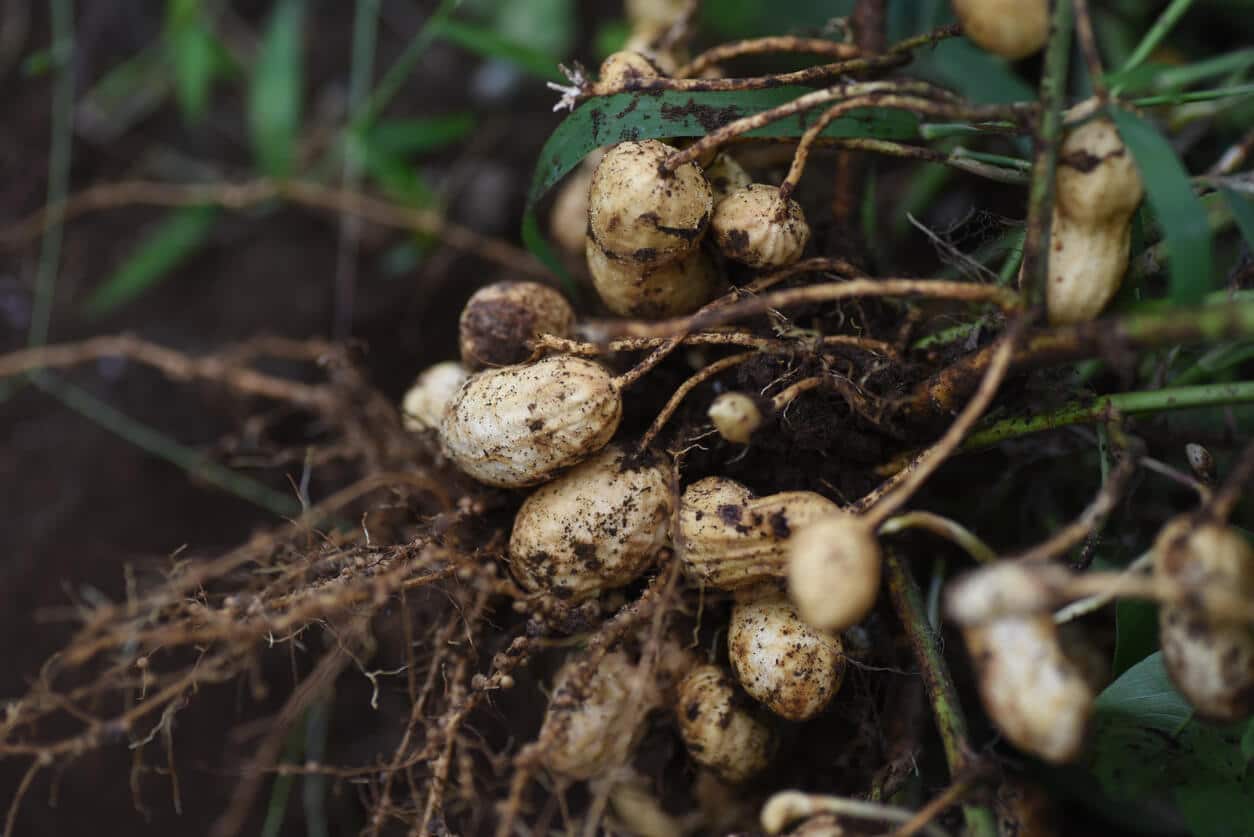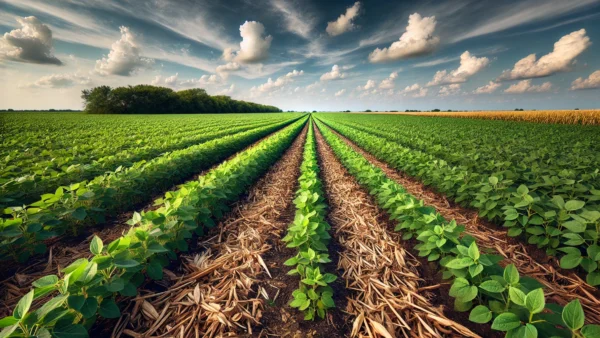Maize is not only a staple in diets across sub-Saharan Africa (SSA) – it is a cash crop that supports millions of farmer households. Maize is grown on over 33 million hectares in just 13 of 48 SSA countries – accounting for 72% of all maize produced in the region. This crop, without a doubt, is king.
However, rising temperatures and erratic rainfall patterns threaten maize production across the continent. Total crop loss occurs if there’s little or no rainfall at the flowering stage, when maize is most vulnerable. And when temperatures increase, soil moisture is quickly depleted and farmers have to resort to prolonged irrigation, a costly undertaking for smallholders.
Drought-tolerant (DT) maize varieties produce better yields both in good and bad seasons compared to most commercial varieties available in the region. Since 2006, CIMMYT has developed 200 drought-tolerant varieties and hybrids, many of which also possess desirable traits such as resistance to major diseases.
In addition to developing quality maize that is high yielding and disease resistant, the Drought Tolerant Maize for Africa Seed Scaling (DTMASS) project led by CIMMYT is working to ensure these improved varieties are affordable and attractive to farmers. Two and a half million smallholder farmers in Ethiopia, Kenya, Mozambique, Tanzania, Uganda and Zambia are expected to benefit from in-country partnerships and networks that boost production and distribution of DT maize seed. These countries account for 25 percent (or 252 million) of the population in sub-Saharan Africa, and 41 percent of maize production areas.
To access quality improved seed, farmers in Africa face various constraints such as high prices, low supply and limited knowledge about improved seeds. Through surveys conducted among nearly 5,000 farmer households in Kenya, Mozambique and Zambia, CIMMYT learned that when farmers buy seed, the traits they care most about are early crop maturity, yield, and tolerance/resistance to stresses such as drought and disease. In most cases, long-term use and preference for a particular seed variety influence buying habits, but now farmers are increasingly focusing on tolerance/resistance to drought, pests and diseases.
“Our key focus is on sustainable seed production and increasing demand,” said Kate Fehlenberg, DTMASS project manager. “This means building market skills for producers and creating an environment to entice risk-averse farmers to try new drought-tolerant varieties.”
CIMMYT is working with partners to increase farmer preference for DT seed by supporting promotional and marketing activities, and improving seed production capacity. CIMMYT will also work to ensure local institutions have the technological and production capacity to independently produce and distribute seed throughout DTMASS target countries.
Scaling activities will allow DT seed to spread across various geographical areas (scaling “out”) and build the capacity of local institutions to independently control sustainable seed production (scaling “up”). Both scaling up and out rely on giving stakeholders in the maize value chain compelling reasons to continue producing, distributing and consuming DT maize varieties.
Over 50 selected small- and medium-scale seed companies will be supported through training workshops on seed production and seed business management. Seed companies will also receive financial grants to support expansion activities such as purchasing special seed processing and packing equipment, restoring seed storage and other facilities, and marketing.













